Climate change refers to long-term shifts in temperatures and weather patterns. Since the 1800s, human activities have been the main driver of climate change, primarily due to the burning of fossil fuels like coal, oil, and gas, which produce heat-trapping gases that warm the climate.
HEALTH IMPACTS
The impacts of climate change are wide ranging and children bear the brunt, from increased asthma attacks and other lung issues to heart concerns to low birth weight to developmental delays and learning disruption to various kinds of cancer. The myriad mental health impacts of the climate crisis are also now starting to be understood, including anxiety and depression.
WHAT MOMS IS DOING
ABOUT CLIMATE CHANGE
Climate change is the most urgent problem humanity has ever faced. All our work is to, in essence, slow climate change. That’s why we fight on a national as well as state level for regulations and laws to curb carbon and methane emissions, electrify school buses, and demand clean energy sources.
GET INVOLVED
There are many ways to join forces with Moms and make your voice heard: sign and share our petitions to curb climate pollution, provide testimony about issues of the day at EPA hearings, or gather a group to ask your school district for electric school buses.
More Articles and Resources
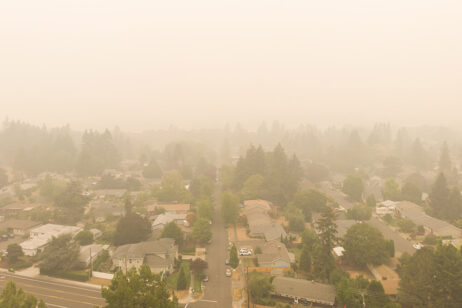
"State of the Air" Report Finds Millions More People in the U.S. Live With Unhealthy Air

Marty Odlin vs. Carbon Godzilla: An Excerpt From Bill Weir's "Life As We Know It (Can Be)"
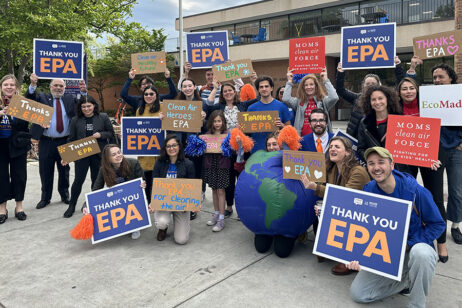
Sweeping Power Plant Pollution Safeguards Put Children’s Health First
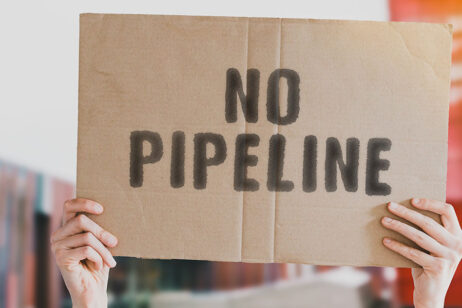
Mental Health & Climate Change: The Mental Health Cost of Pipeline Fights
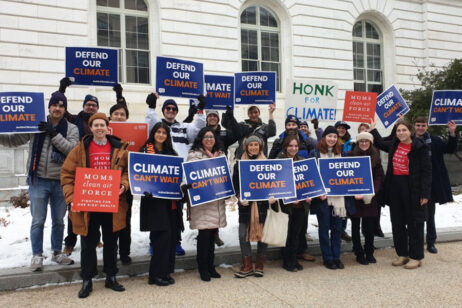
Historic Climate Protections Are Under Attack
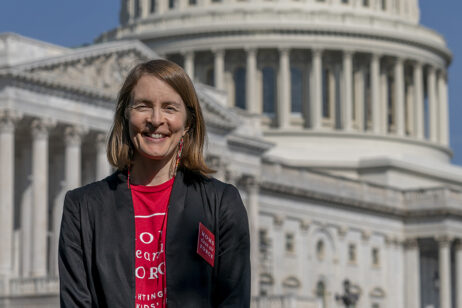
Climate Change and Your Mental Health
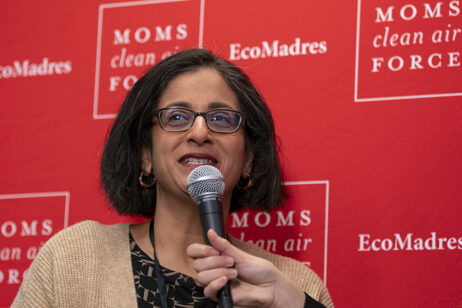
What Parents Need to Know About the Air Quality Index: An Interview With Dr. Lisa Patel
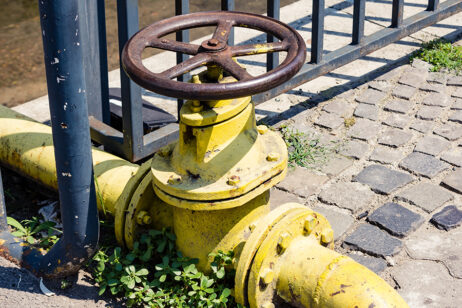
Methane Leak Detection Can Save Lives

April Supermom of the Month: Stephanie BadSoldier Snow, Iowa

5 Climate Change Influencers We’re Following on TikTok
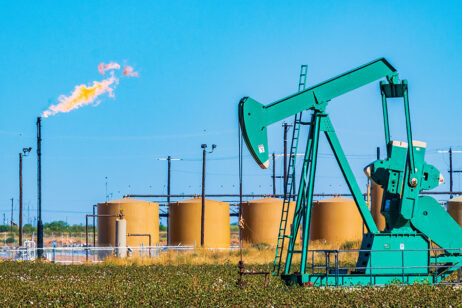
Pollution From Oil and Gas Flaring Takes a Toll on Our Health

5 Healthy, Climate-Friendly Ways to Feed the Family Dog
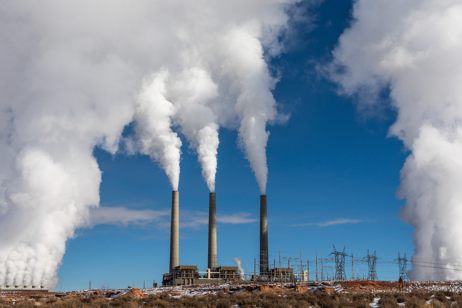
Carbon Dioxide 101
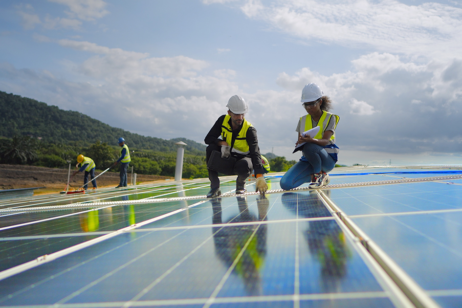
The Role of Clean Energy in Cutting Climate Pollution

Las alteraciones climáticas, la contaminación del aire y la salud de las personas jóvenes
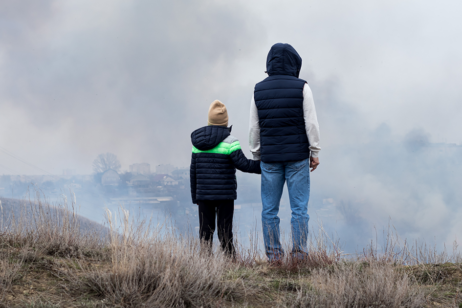
Climate Disruption, Air Pollution, and Young People’s Health
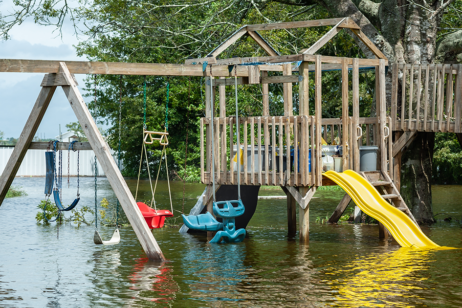
Flooding 101
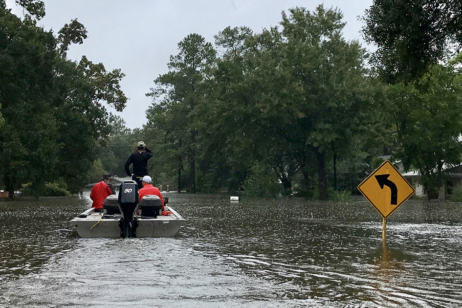
Health Impacts of Hurricanes

Wildfires and Your Health
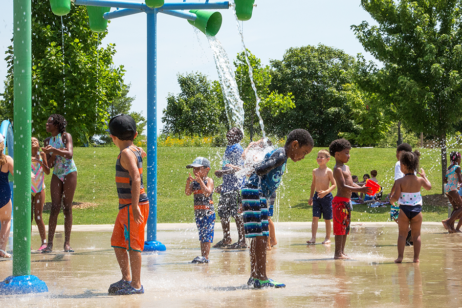
Extreme Heat and Black Communities
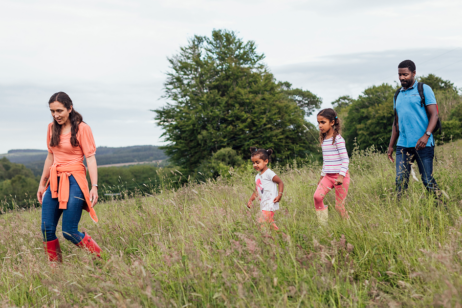
Climate Change and Tick-Borne Illnesses
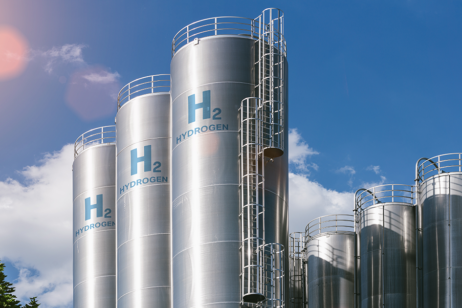
Hydrogen Energy 101

Extreme Weather and the Changing Climate

Climate Change and Allergies
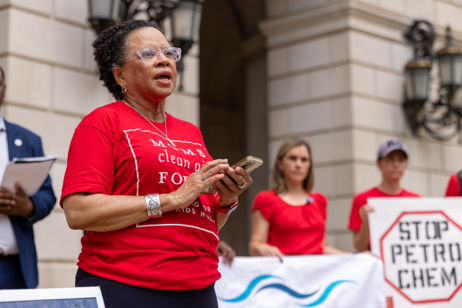
Testimony: Almeta Cooper, Advanced Leak Detection and Repair Rule, March 26, 2024
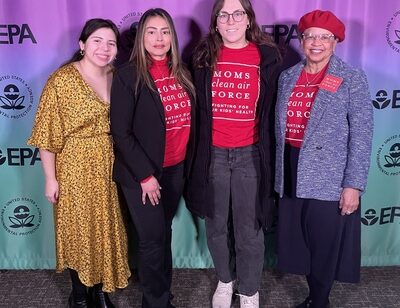
Testimony: Moms Clean Air Force, National Environmental Youth Advisory Council, March 2024
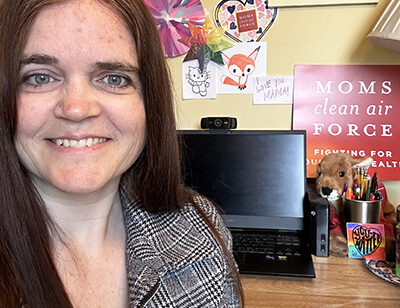
Testimony: Vanessa Lynch, EPA’s Methane Emissions Reduction Program, February 12, 2024
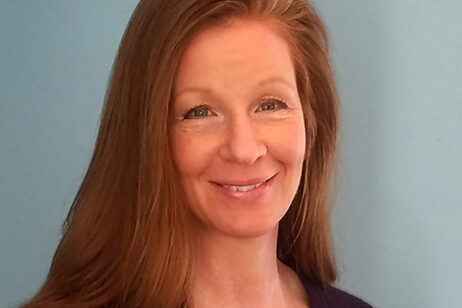
Testimony: Patrice Tomcik, EPA’s Methane Emissions Reduction Program, February 12, 2024
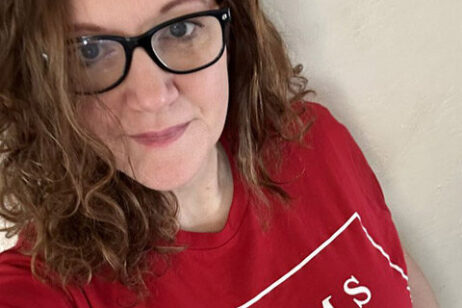
Testimony: Celerah Hewes, EPA’s Methane Emissions Reduction Program, February 12, 2024

Testimony: Lucia Valentine, EPA’s Methane Emissions Reduction Program, February 12, 2024
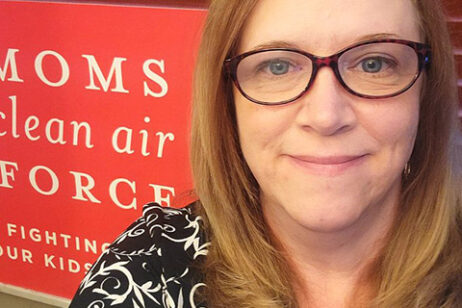
Testimony: Tracy Sabetta, EPA’s Methane Emissions Reduction Program, February 12, 2024
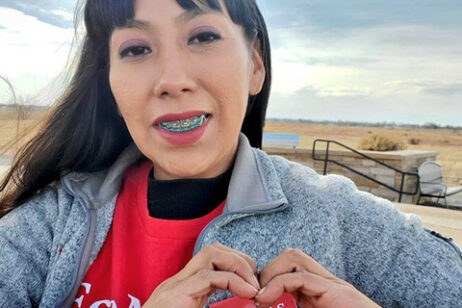
Testimony: Shaina Oliver, EPA's Methane Emissions Reduction Program, February 12, 2024

Testimony: Laurie Anderson, EPA's Methane Emissions Reduction Program, February 12, 2024
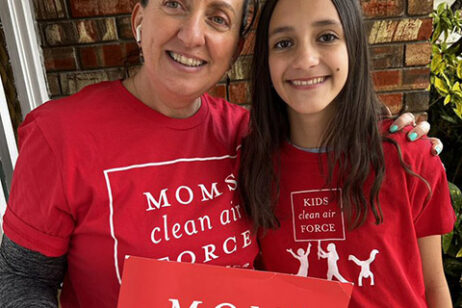
Testimony: Giovanna Rossi, EPA's Methane Emissions Reduction Program, February 12, 2024
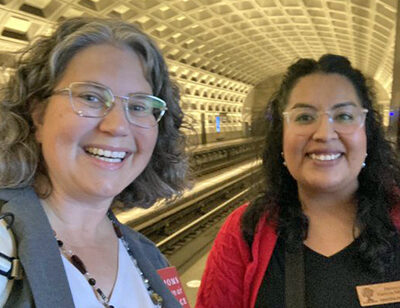
Testimony: Laurie Anderson, Advanced Leak Detection Standards for Gas Pipelines, November 27, 2023

Testimony: Vanessa Lynch, EPA’s Proposed Methane Rulemaking, October 20, 2023

Tell Congress: Commit to Climate Investments

Tell Congress: Support Mental Wellness Resources for Communities Hit by Climate Disaster

Tell Congress: Support Youth Mental Health and Access to Climate Education
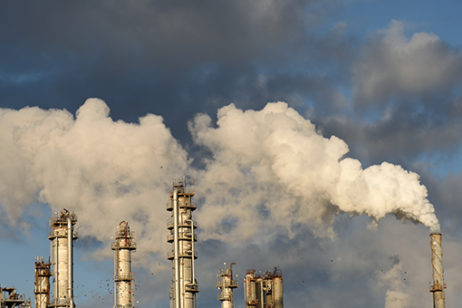
Tell the Senate: End Fossil Fuel Tax Breaks and Subsidies
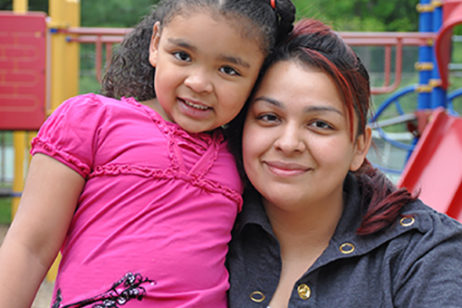
Tell Your Governor: Take the Lead on Climate Action

Carbon Dioxide 101

The Role of Clean Energy in Cutting Climate Pollution

Las alteraciones climáticas, la contaminación del aire y la salud de las personas jóvenes

Climate Disruption, Air Pollution, and Young People’s Health

Flooding 101

Health Impacts of Hurricanes

Wildfires and Your Health

Extreme Heat and Black Communities

Climate Change and Tick-Borne Illnesses

Hydrogen Energy 101

Extreme Weather and the Changing Climate










